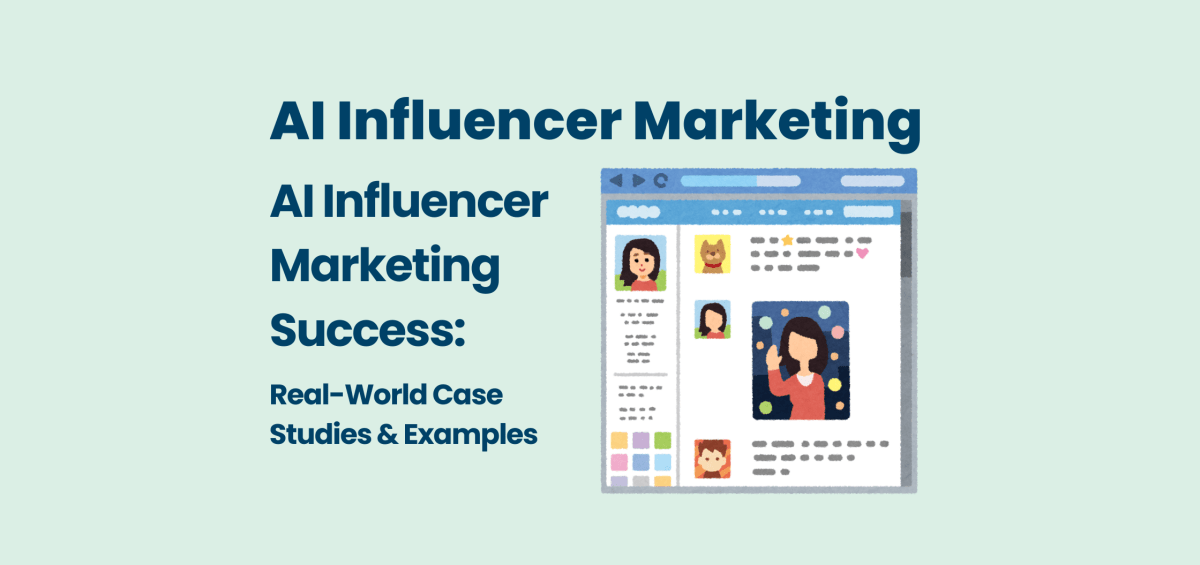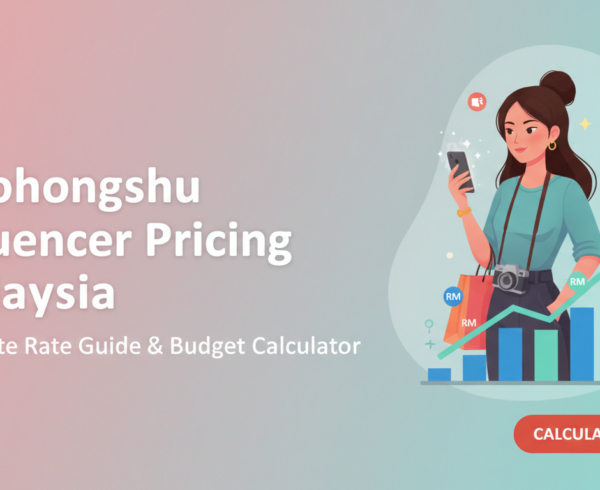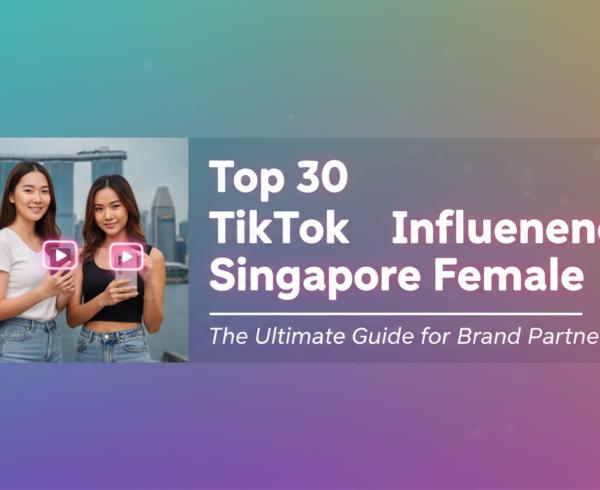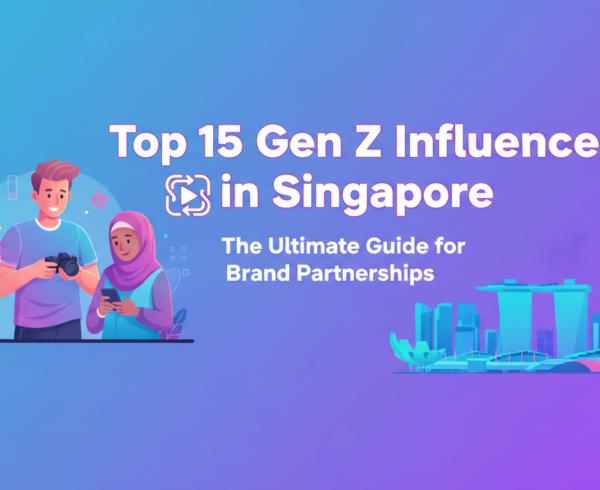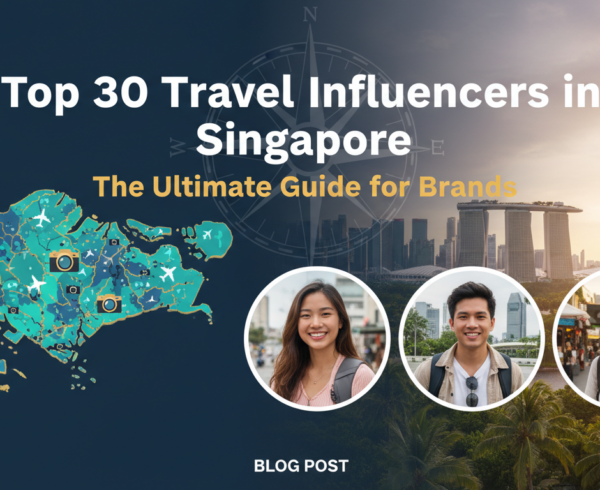How Are Leading Brands Leveraging Virtual Personalities? Exploring Successful AI Influencer Marketing Campaigns
The buzz around AI influencers is undeniable, but for digital marketers, the key question remains: are these virtual personalities actually driving results? While the field is still relatively new, several compelling examples and emerging trends suggest that AI influencers are indeed being used successfully to achieve various marketing objectives. Let’s delve into some illustrative case studies and explore how brands are effectively leveraging the unique capabilities of AI-powered avatars:
1. The Success Story Question: How Are Brands Effectively Using AI Influencers Today to Achieve Tangible Results?
While specific, detailed case studies with hard numbers can be scarce in this nascent field, we can glean valuable insights from the ways brands are experimenting with and integrating AI influencers into their marketing strategies. These examples, though sometimes based on observed trends and logical applications of AI’s strengths (as the provided PDFs highlight), offer a glimpse into the potential for successful AI influencer marketing campaigns.
2. Case Study 1: The Always-On Fashionista Driving Engagement for a Fast-Fashion Brand:
Imagine a fast-fashion brand targeting Gen Z. They partner with a stylish AI influencer who embodies the latest trends and aesthetics. This virtual personality is active 24/7 on platforms like Instagram and TikTok, consistently showcasing new arrivals, participating in virtual fashion events, and engaging with followers through comments and live streams. Because the influencer is AI-powered, the brand has complete control over their look, messaging, and schedule, ensuring a consistent and always-on brand presence that resonates with their target demographic. This constant engagement and fresh content can drive significant traffic to the brand’s online store and boost sales, aligning with the trend of virtual influencers appealing to Gen Z as mentioned in the “State of virtual influencers 2025” report.
3. Case Study 2: The Data-Driven Fitness Guru Personalizing Wellness Journeys:
Consider a fitness app looking to enhance user engagement and retention. They create an AI-powered fitness guru who provides personalized workout routines, nutritional advice, and motivational content. This virtual influencer can track user progress through the app’s data, offering tailored recommendations and adjusting plans based on individual performance. The AI’s ability to analyze user data and provide personalized feedback creates a more engaging and effective user experience, potentially leading to increased app usage and subscription renewals, leveraging the data analysis capabilities of AI highlighted in “Analyzing the Impact of AI on Influencer Marketing.”
4. Case Study 3: The Globally Consistent Travel Ambassador Promoting Diverse Destinations:
A tourism board wants to promote a country with diverse attractions to a global audience. They develop an AI travel ambassador who can showcase different regions, cultures, and activities in a consistent and engaging manner across multiple languages. This virtual influencer can take “virtual trips,” share stunning visuals, and interact with potential tourists from around the world, providing information and inspiration. The AI’s scalability and ability to communicate in multiple languages ensure consistent brand messaging and broad reach, overcoming the logistical challenges of using multiple human influencers for a global campaign, as suggested by the potential for cross-border collaborations mentioned in the “State of virtual influencers 2025” report.
5. Case Study 4: The Risk-Free Beauty Advocate Building Trust for a Cosmetics Brand:
A cosmetics brand is launching a new line of sensitive skincare products. They partner with an AI influencer known for their flawless complexion and commitment to ethical beauty practices. Because the influencer is virtual, the brand avoids the risks associated with potential skin issues or controversies that could arise with a human influencer. The AI influencer can consistently promote the product’s benefits and ingredients with complete brand control, building trust and credibility with consumers who are concerned about product safety and effectiveness, aligning with the brand safety advantages discussed in “AI influencer marketing may pose risk to brand trust, new research finds.”
6. Case Study 5: The Metaverse Music Maestro Engaging Audiences for a Virtual Music Festival:
Imagine a music festival expanding its reach into the metaverse. They create an AI DJ and virtual performer who can host virtual pre-parties, interact with attendees in virtual reality, and even perform original music within the metaverse. This AI influencer can generate hype and excitement for the physical festival while also attracting a new audience within the virtual world, creating a unique and engaging experience that blends the physical and digital realms, showcasing the integration potential in the metaverse as mentioned in the “State of virtual influencers 2025” report.
7. Key Takeaway 1: The Power of Consistency and Control in Building Brand Identity:
These hypothetical examples highlight the significant advantage of consistency and control that AI influencers offer. Brands can meticulously craft their virtual ambassadors to perfectly align with their values and messaging, ensuring a cohesive brand identity across all campaigns and platforms.
8. Key Takeaway 2: Leveraging Data and Personalization for Deeper Audience Engagement:
The data-driven nature of AI allows for a level of personalization that can significantly enhance audience engagement. By analyzing user data and preferences, AI influencers can deliver more relevant and tailored content, fostering stronger connections with their followers.
9. Key Takeaway 3: Reaching New Audiences and Exploring Innovative Marketing Channels:
AI influencers are opening up new avenues for brands to reach digitally native audiences and explore innovative marketing channels within virtual environments and emerging technologies. This allows for creative and engaging campaigns that go beyond traditional influencer marketing tactics.
10. Conclusion: The Emerging Landscape of Successful AI Influencer Campaigns:
While the field of AI influencer marketing is still in its early stages, the potential for successful campaigns is becoming increasingly evident. By strategically leveraging the unique capabilities of AI-powered virtual personalities, brands can achieve greater efficiency, control, and personalization in their influencer marketing efforts, ultimately driving meaningful results and shaping the future of brand engagement in the digital age. As AI technology continues to advance and more real-world case studies emerge, digital marketers will have even more concrete examples to draw inspiration from and build upon.

